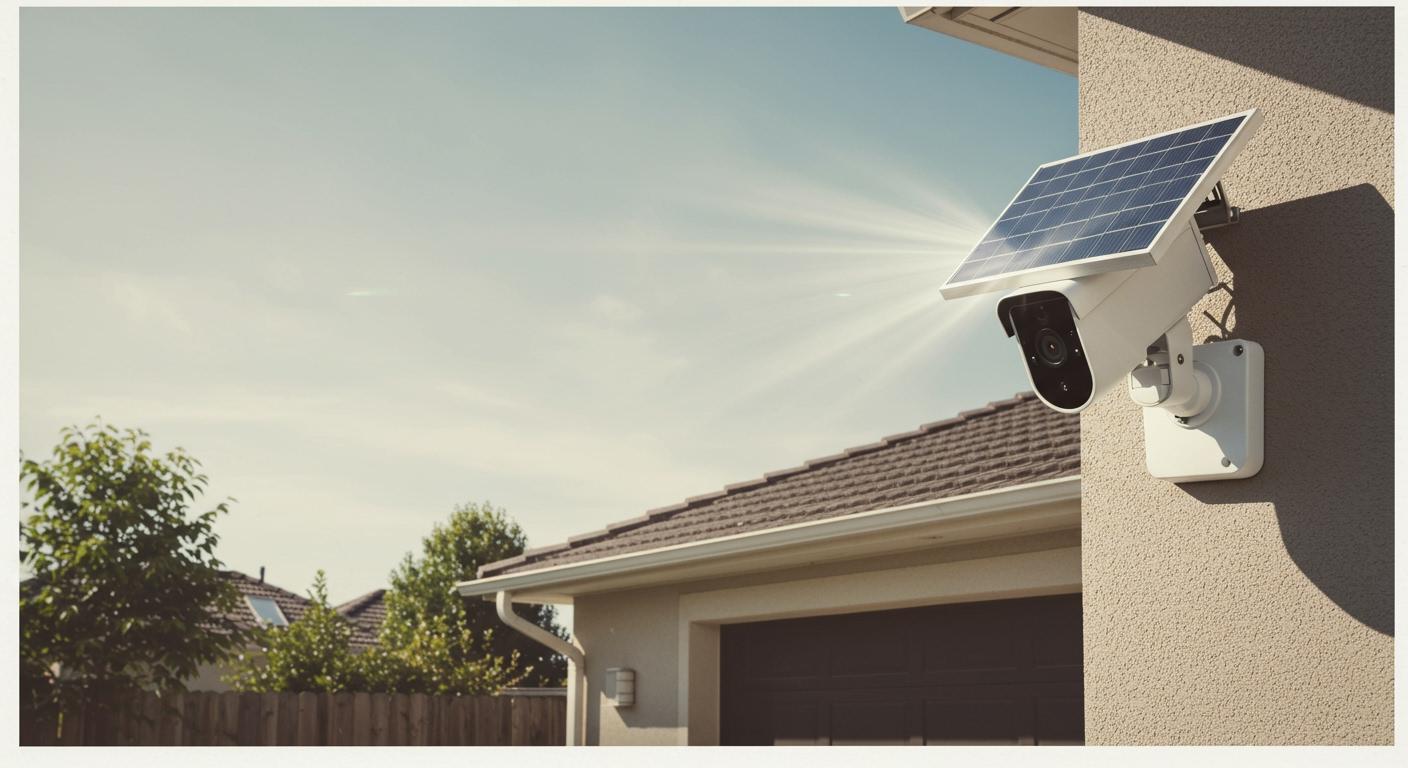
Most outdoor solar security cameras need 3 to 6 hours of direct sunlight each day to work well. Direct sunlight charges the solar panel better than indirect light. You get the best results if you face the panel south. This helps it get more sunlight. Features, battery size, and panel efficiency also change how much sunlight is needed.
Key Takeaways
- Most outdoor solar security cameras need 3 to 6 hours of direct sunlight each day to work best. Make sure your solar panel is in a sunny place and not in the shade.
- Clean your solar panel often to get rid of dust and dirt. This helps the panel take in more sunlight and keeps your camera working well.
- Think about what your camera can do, because cameras with more features need more sunlight. Pick a system with a good battery and a strong solar panel so it works well all the time.
Sunlight Needs for Outdoor Solar Security Camera
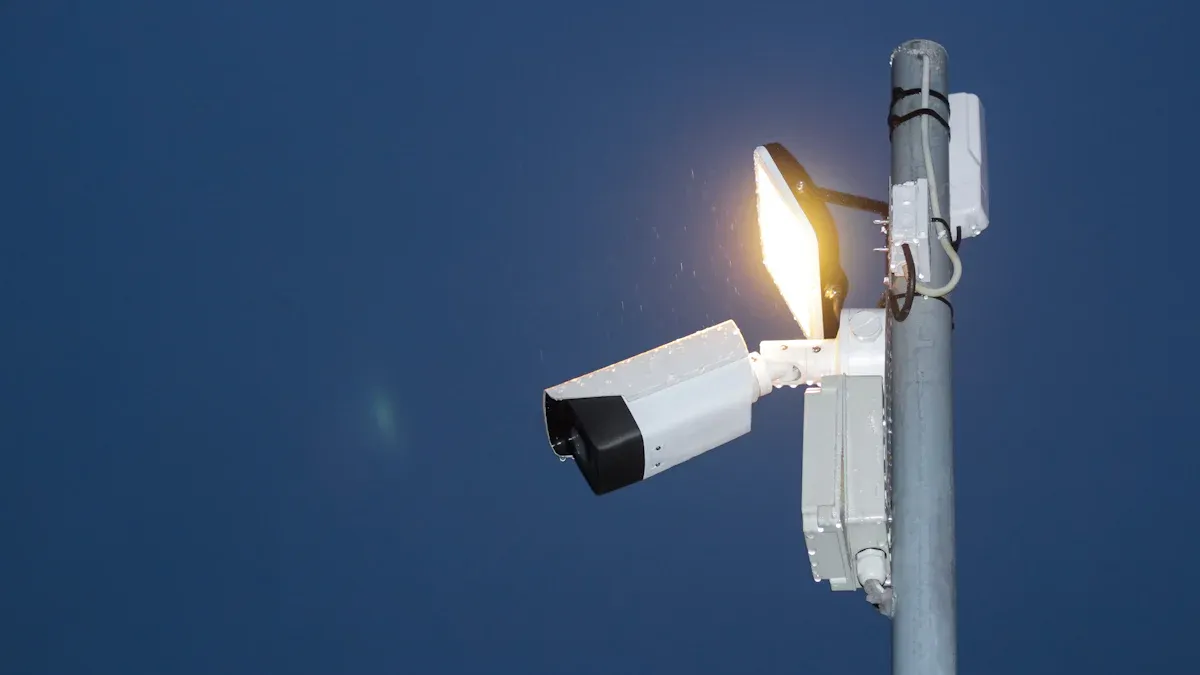
Daily Sunlight Requirement
You have to make sure your solar security camera gets enough sunlight every day. Most outdoor solar security cameras work best with 3 to 6 hours of direct sunlight. Some basic models only need 2 to 3 hours of direct sunlight to keep their battery charged. Advanced models have bigger batteries and can last longer without sunlight. For example:
- Entry-level cameras with 3,000-5,000 mAh batteries can last 1-2 days without sunlight.
- Mid-range cameras with 6,000-8,000 mAh batteries can work for 2-3 days.
- Advanced cameras with 10,000-13,000 mAh batteries may run for 3-7 days without charging.
Most brands make their solar panels work well with just a few hours of good sunlight. Some brands let their panels charge even in partial sunlight, but direct sunlight works best.
Direct vs Indirect Sunlight
Direct sunlight gives your solar panel the most energy. The panel charges faster when the sun shines right on it. Indirect sunlight, like on cloudy days or in shade, makes charging slower. The panel does not get as much light, so your solar security camera may not have enough power for nighttime.
Tip: Put your solar panel where it gets the most direct sunlight during the day. Stay away from places with shadows from trees or buildings. This helps your solar security camera work better and last longer.
You should also keep your panel clean. Dirt or dust can block sunlight and make charging less effective. Cleaning your panel often helps your solar security camera get the most power from the sun.
Impact of Camera Features
The features of your outdoor solar security camera change how much sunlight you need. Cameras with 4K Ultra HD video, AI-powered detection, and big batteries use more power. If your camera has things like full-color night vision or 360° panoramic views, it will need more energy from the solar panel.
A solar security camera with a 10,000mAh battery and smart detection can run for days without sunlight, but it still needs enough sunlight to recharge. More features use more power, so you must make sure your solar panel gets enough sunlight every day.
Note: The best solar security camera system has good features and a well-placed solar panel. This way, you get clear video and reliable use all day and night.
Factors Affecting Solar Security Camera System Performance

Solar Panel and Battery
You should think about the solar panel and battery. Bigger solar panels make more power for your camera. High-efficiency panels turn sunlight into energy better. This helps your camera work even when it is cloudy. Tilt the panel and face it toward the sun for best results. The battery matters a lot too. A larger battery lets your camera work longer without sunlight. Some batteries can last for months if you charge them fully. Look at the table below to see how battery size changes how long your camera works.
| Battery Capacity | Operational Duration | Conditions Tested |
|---|---|---|
| 5,200mAh | ≈180 days | Fully charged, extended cloudy periods |
Tip: Pick a solar security camera system with strong power and good solar efficiency for the best results.
Power Consumption
How you use your camera changes how much power it needs. If you record all the time, your camera uses power steadily. Motion-based recording makes power use go up and down. Schedule-based recording makes power use easier to predict. Check the table below to see the differences.
| Camera Usage Pattern | Bandwidth Consumption |
|---|---|
| Continuous Recording | Steady bandwidth consumption |
| Motion-Based Recording | Variable bandwidth usage |
| Schedule-Based Recording | Predictable network patterns |
Weather and Placement
Weather and where you put your panel change how well your camera works. Solar panels need 2-3 hours of direct sunlight every day. Lots of rain or clouds slow down charging. In winter, days are shorter and sunlight is weaker. Your panel needs more time to charge. Put your panel where it gets the most sun. The angle and direction are important. Panels work best when sunlight hits them straight on. If you set up your camera in the right spot, you get the most power and keep your camera working.
Tips for Best Solar Security Camera System Setup
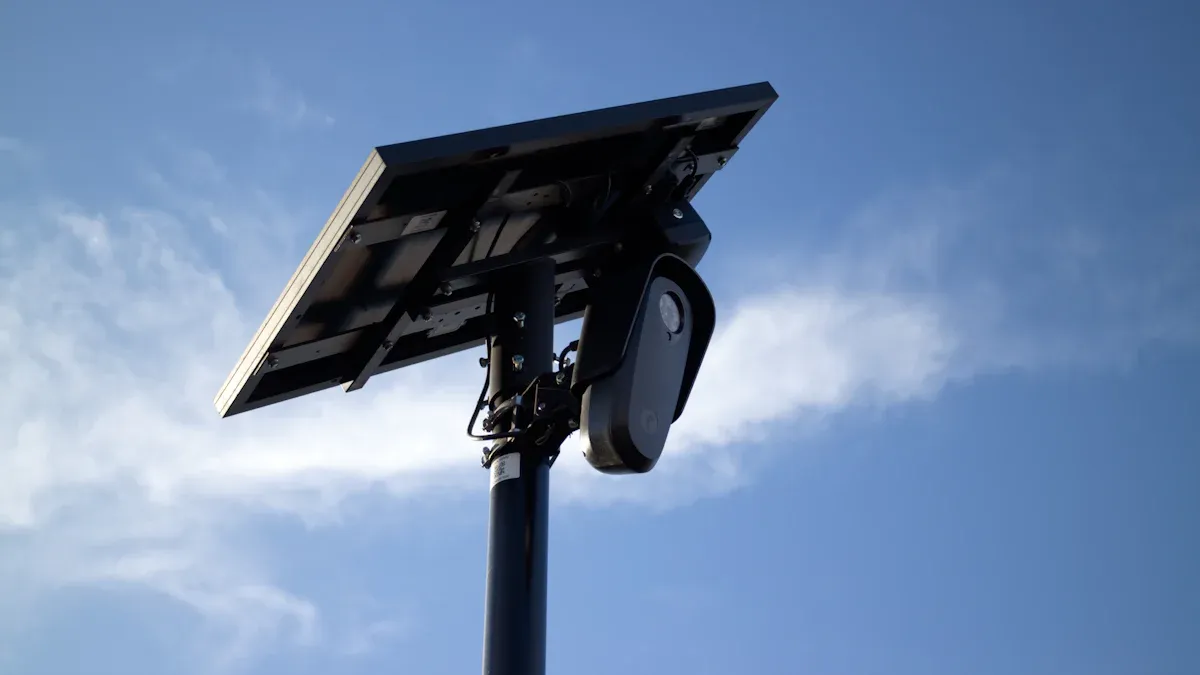
Optimal Placement for Sunlight
You can get the most from your solar security camera system by placing the solar panel in the right spot. Make sure you install the panel where there are no shadows from trees or buildings. Face the panel south if you live in the Northern Hemisphere, or north if you live in the Southern Hemisphere. This helps your panel catch the most sunlight all year. Adjust the angle of the panel as the seasons change. In winter, the sun sits lower in the sky, so tilting the panel helps it collect more energy. Always keep the panel pointed toward the equator for the best results.
- Place the panel away from shade.
- Face the panel toward the equator.
- Adjust the angle for each season.
Tip: Plan for longer charging times in winter because days are shorter and sunlight is weaker.
Maintenance and Cleaning
Keeping your solar security camera system clean helps it work better. Dust, pollen, and debris can block sunlight and lower the panel’s power. Clean the panel often with a soft cloth or brush. You can use a blower to remove loose dirt. For a deeper clean, use a microfiber cloth with a little lens cleaner. Wipe in a circle from the center out. Dry the panel with a clean cloth and check for smudges.
- Clean the panel regularly.
- Check the battery and system for any issues.
- Inspect the camera lens for clear images.
Regular cleaning and quick checks help your solar powered security cameras last longer and work better.
Backup Power Options
A good solar security camera system uses a rechargeable battery to store energy. This battery keeps your camera running during cloudy days or at night. Some systems let you add extra battery packs for more backup. Even on cloudy days, the panel can still collect some energy, but at a lower rate. The battery makes sure your outdoor solar security camera stays on when sunlight is low.
- Use built-in rechargeable batteries for backup.
- Add extra battery packs if needed.
- Check the backup system often to avoid power loss.
If you want to know how to choose solar security camera system for your home, look for one with a strong battery and a high-quality panel. Regular care and smart placement will help you get the best solar security camera system for your needs. If you want to know how to choose solar security camera system for tough weather, always check the panel and battery performance.
| Solar Panel Lifespan | Source |
|---|---|
| 2 to 5 years | Kentfaith |
| 5 to 15 years | ICSeeCam |
| 5 to 10 years+ | ICSeeCam |
Your solar security camera needs 3 to 6 hours of direct sunlight each day to work well. Think about where you put your camera, what features it has, and what the weather is like in your area. Change the angle of your solar panel two times a year. Check your camera system once a month. Clean the camera lens every three months so it keeps working well.
FAQ
How do you know if your solar security camera gets enough sunlight?
Check the battery level in your camera app. If the battery stays above 70%, your camera gets enough sunlight each day.
Can your solar camera work on cloudy or rainy days?
Your camera still works on cloudy days. The solar panel charges slower, but the battery stores extra power for these times.
What happens if trees or buildings shade your solar panel?
- Shade reduces charging speed.
- Move the panel to a sunny spot.
- Trim branches if possible for better sunlight.


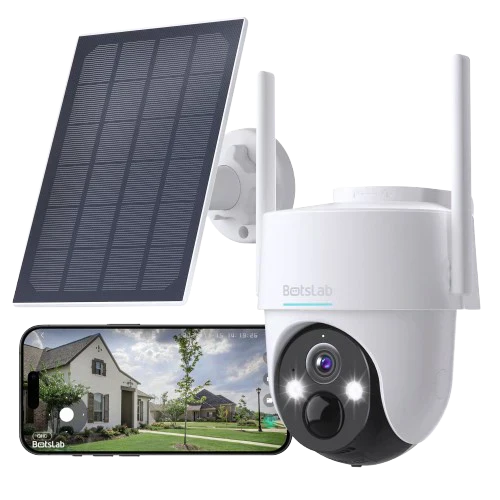
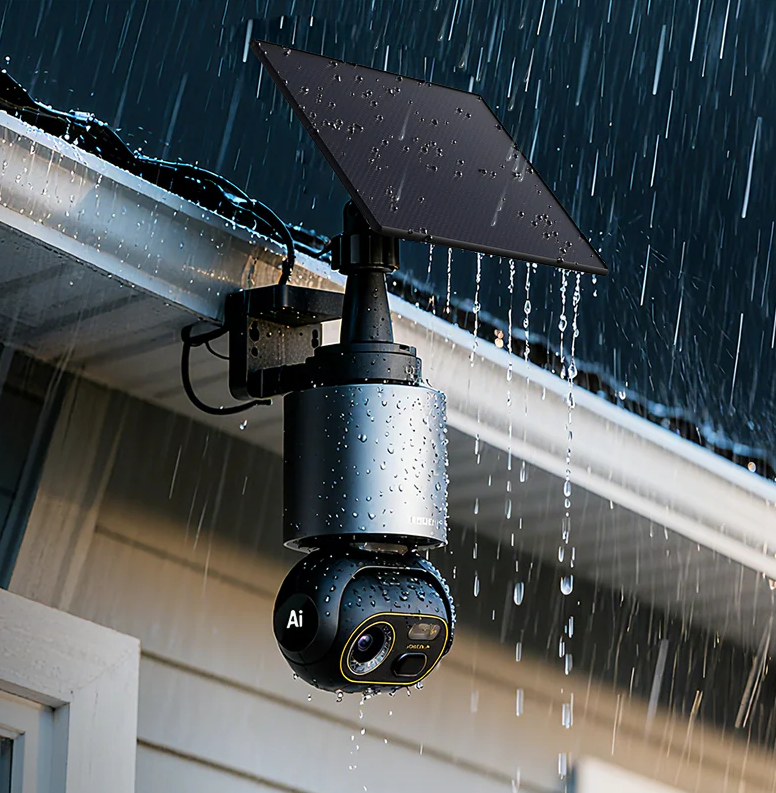
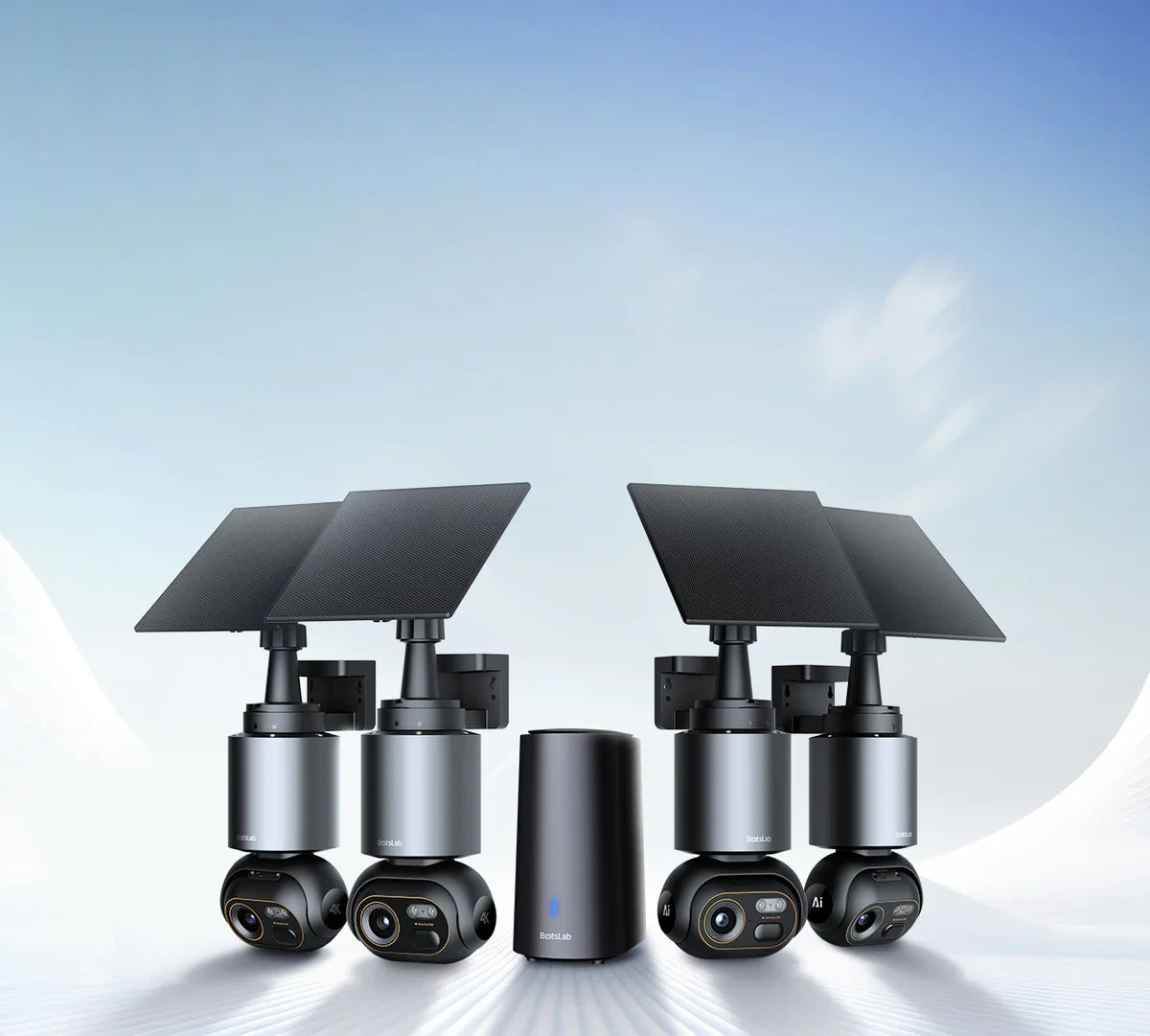
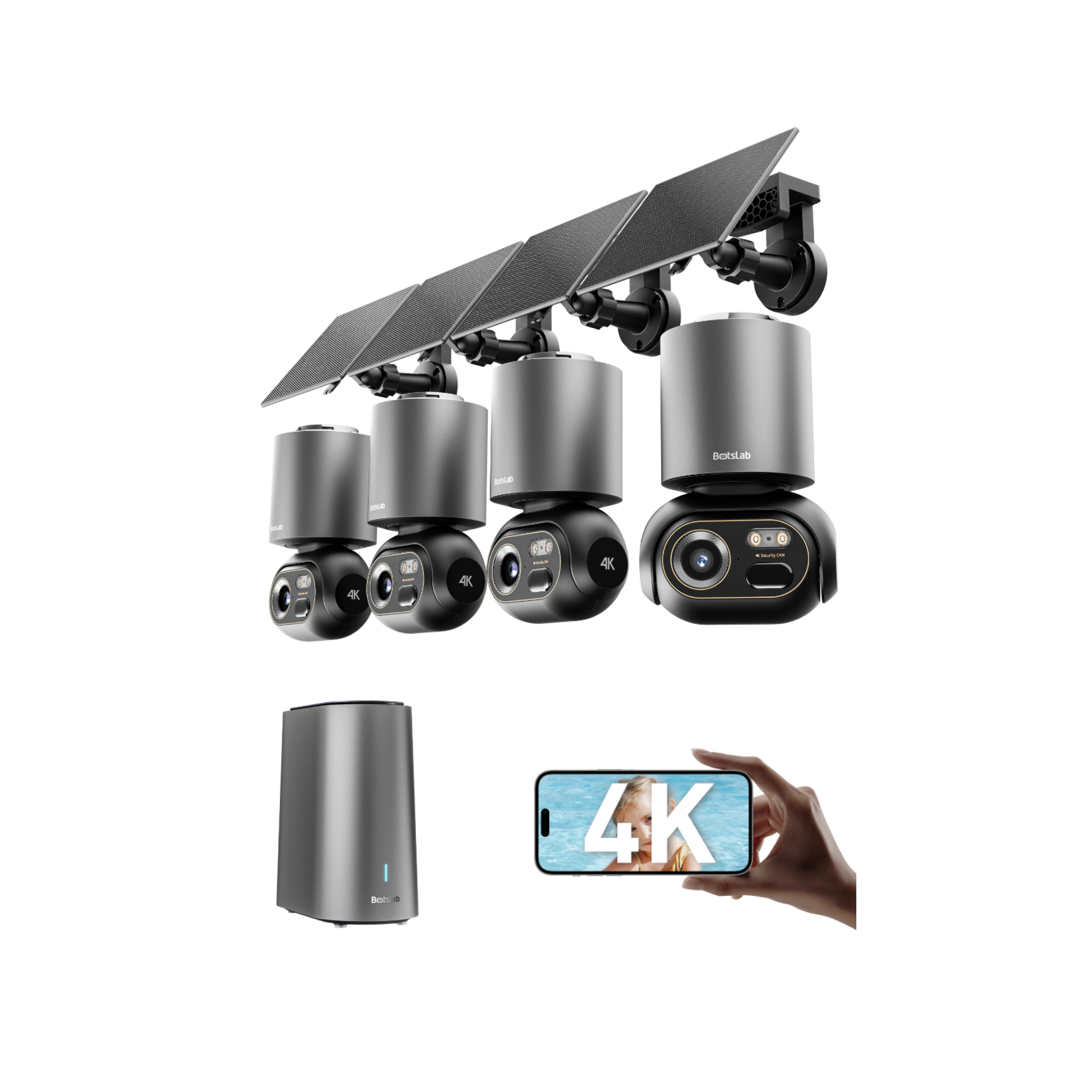
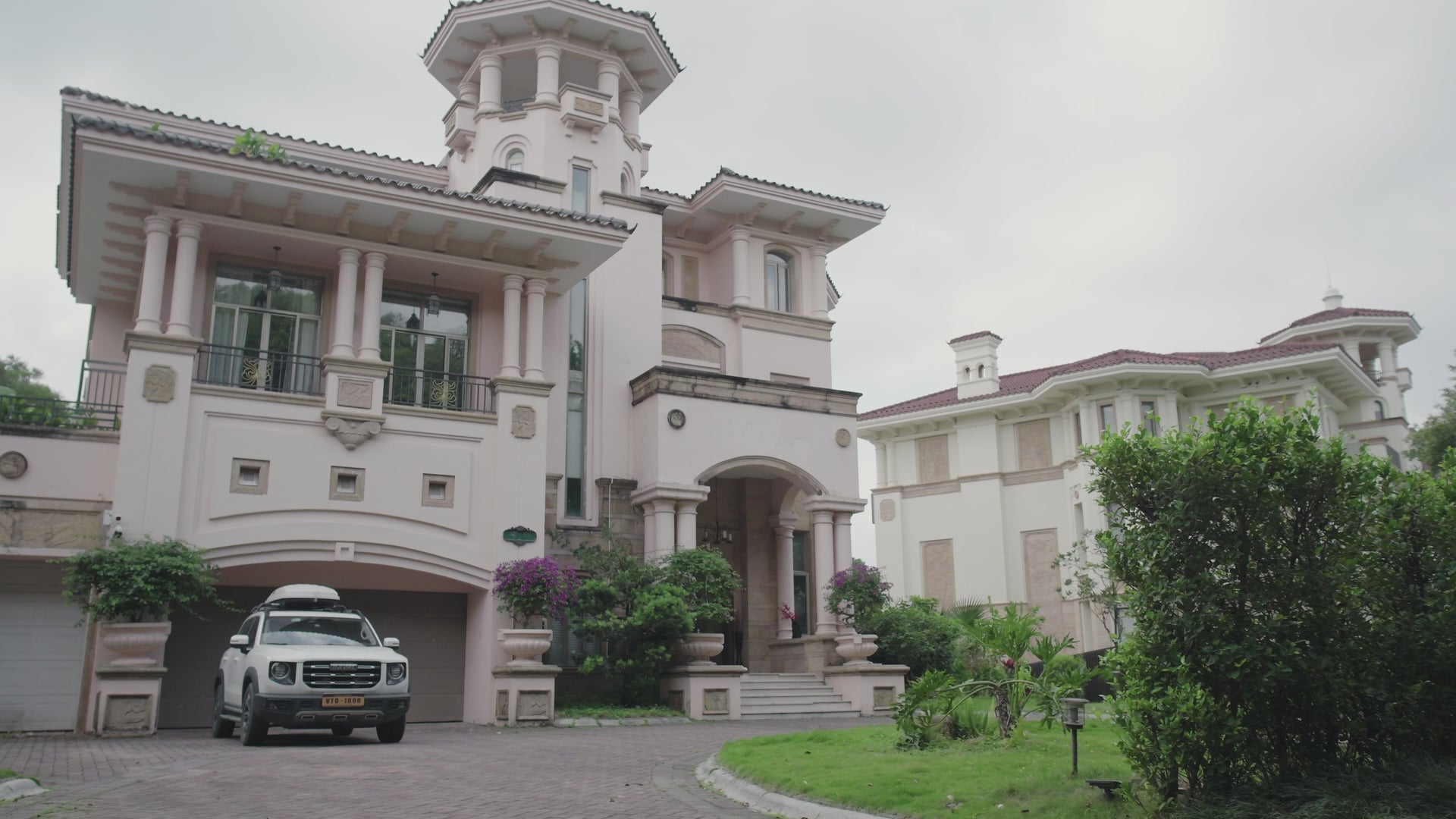
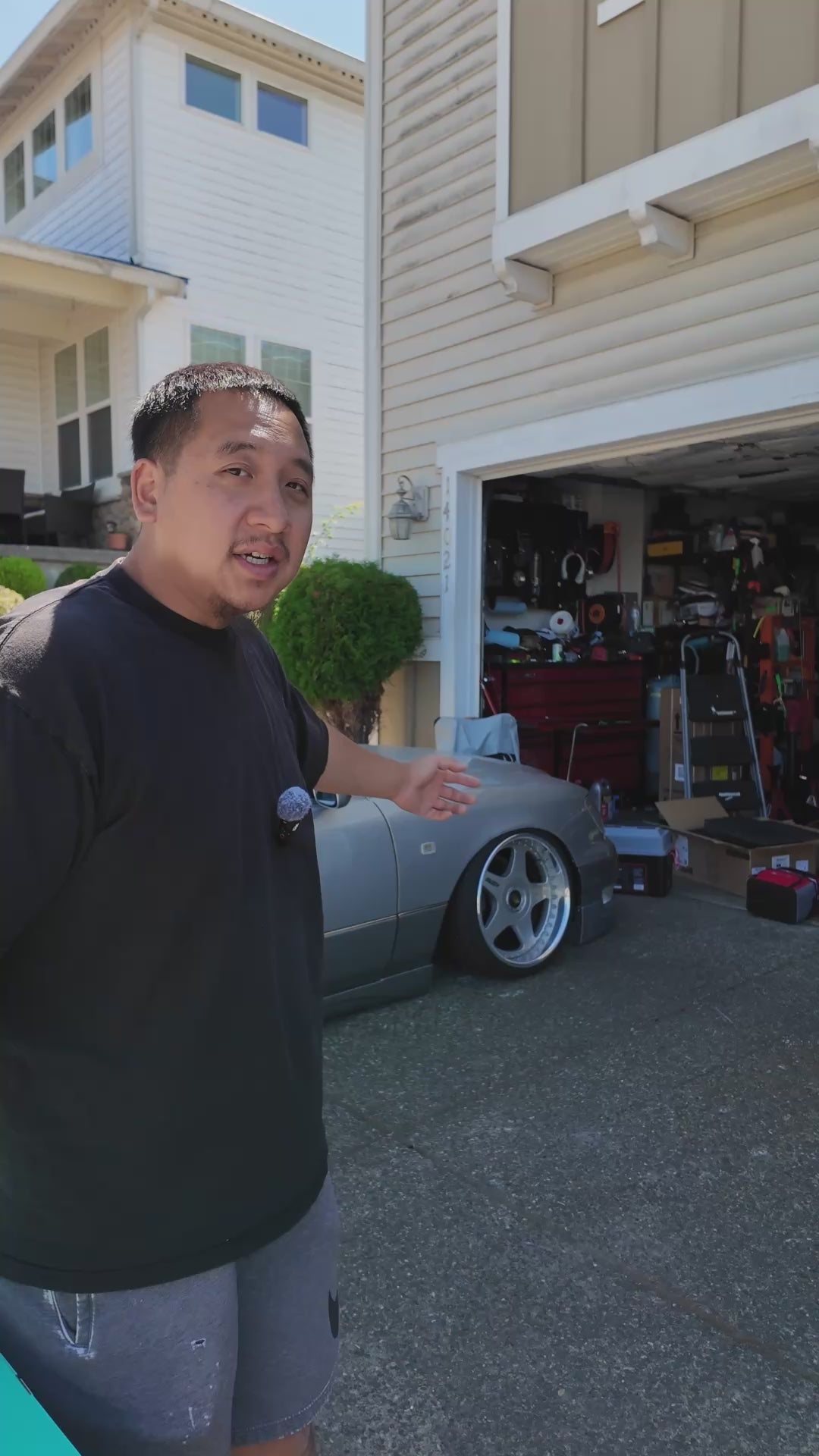
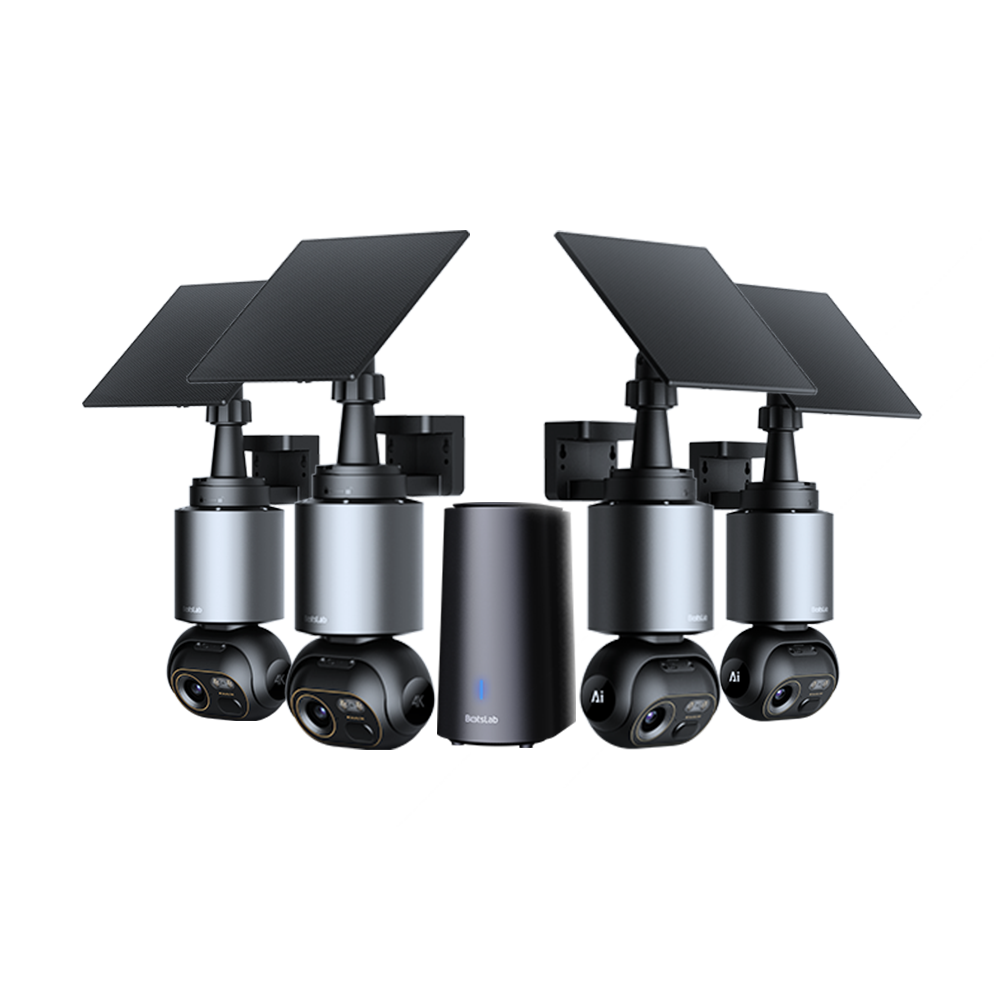
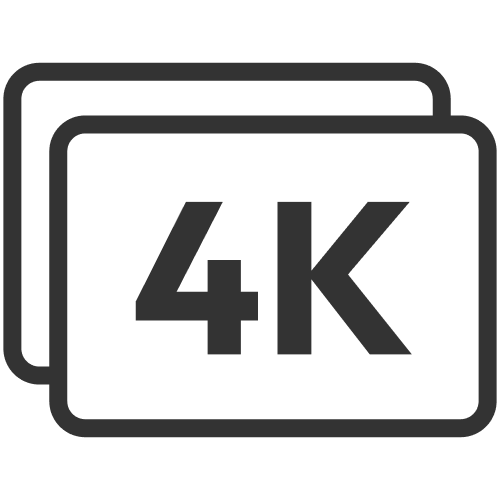



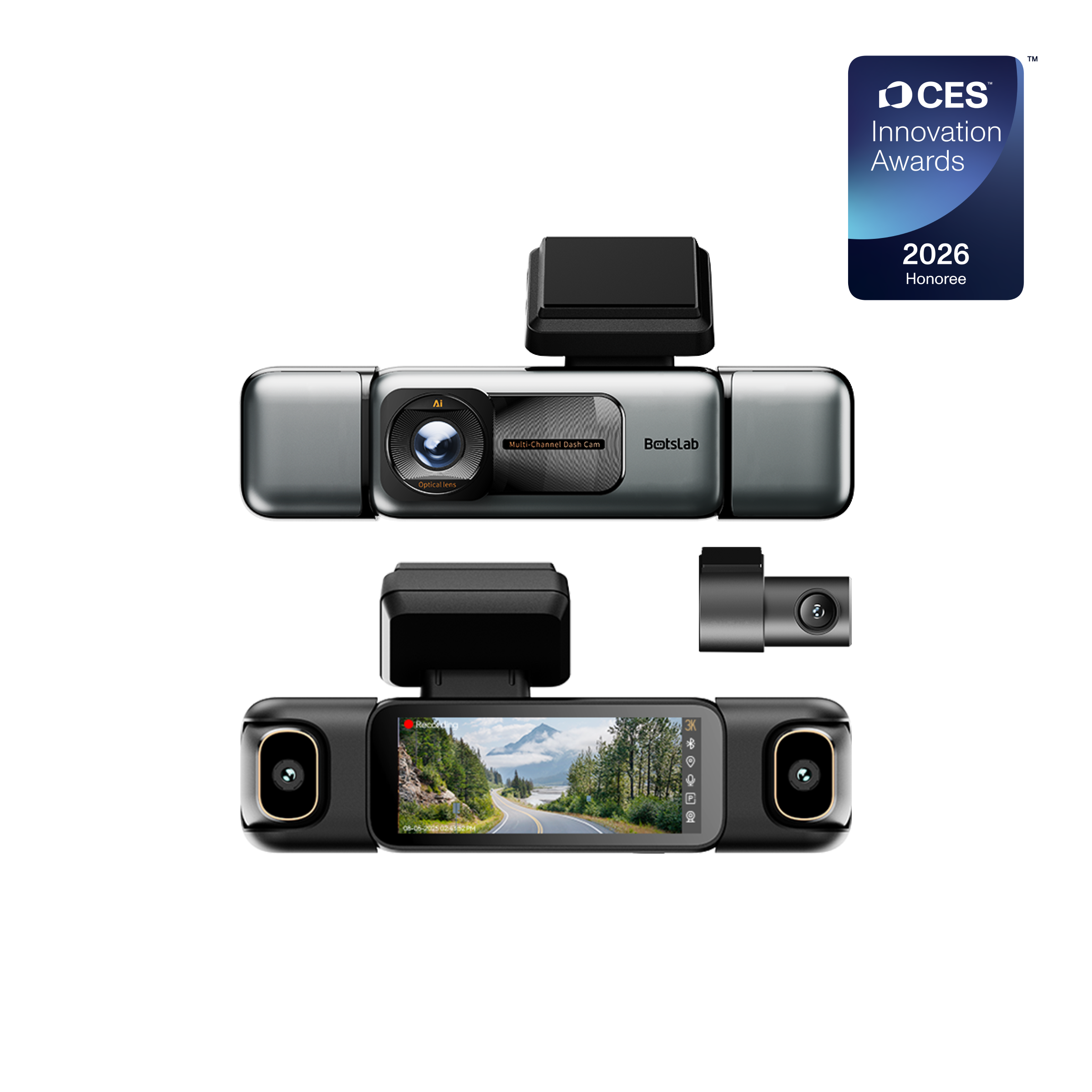
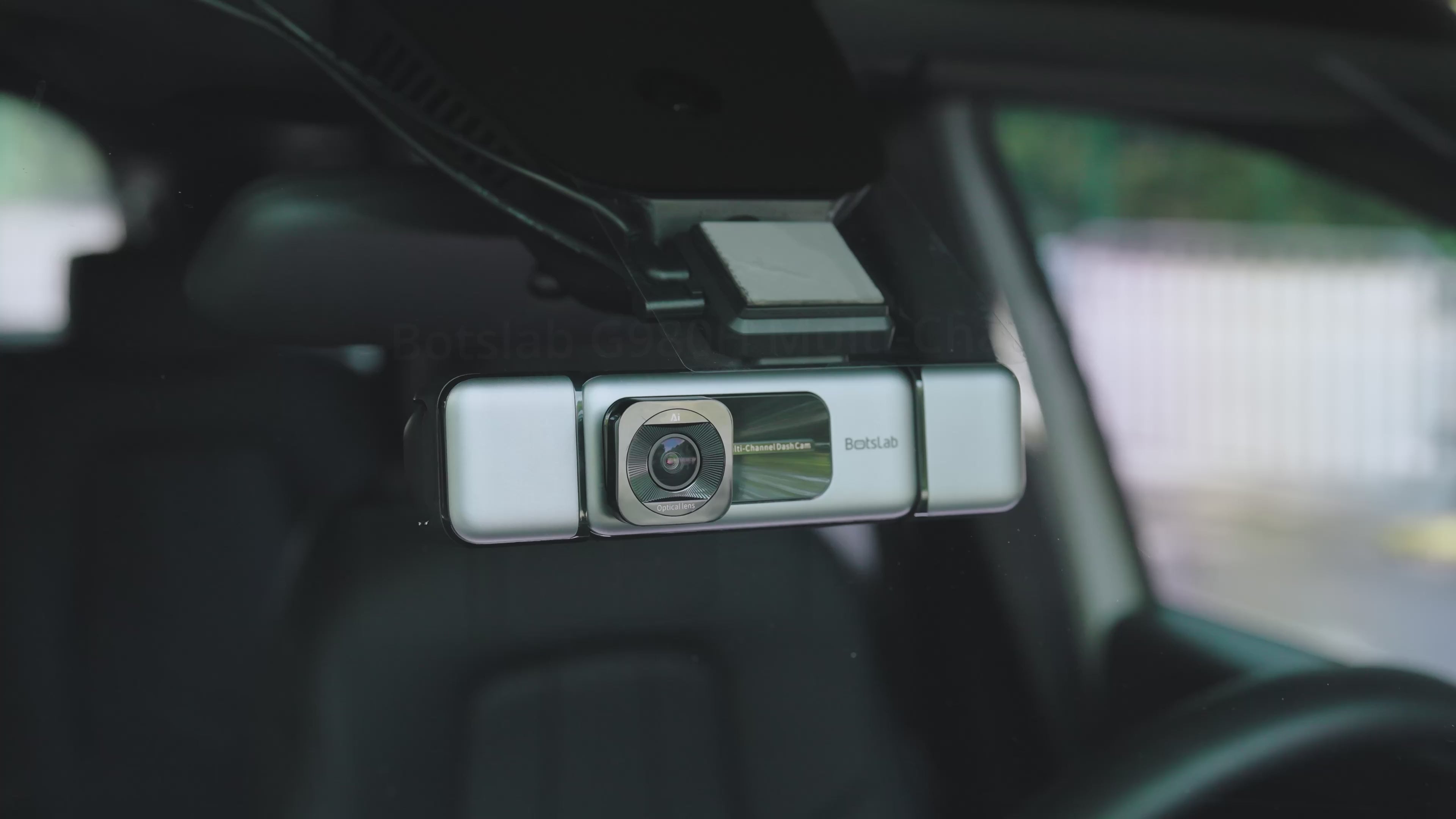
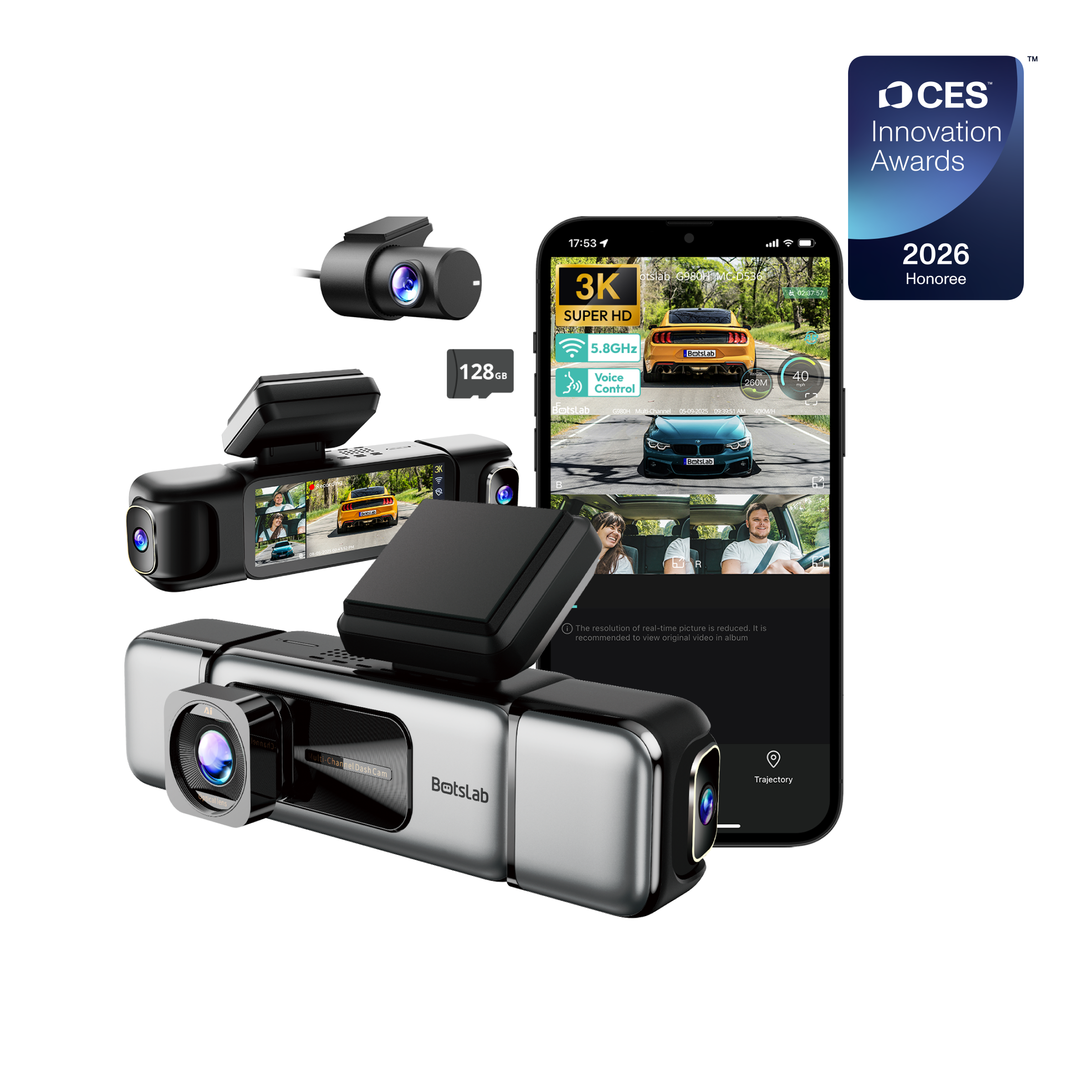
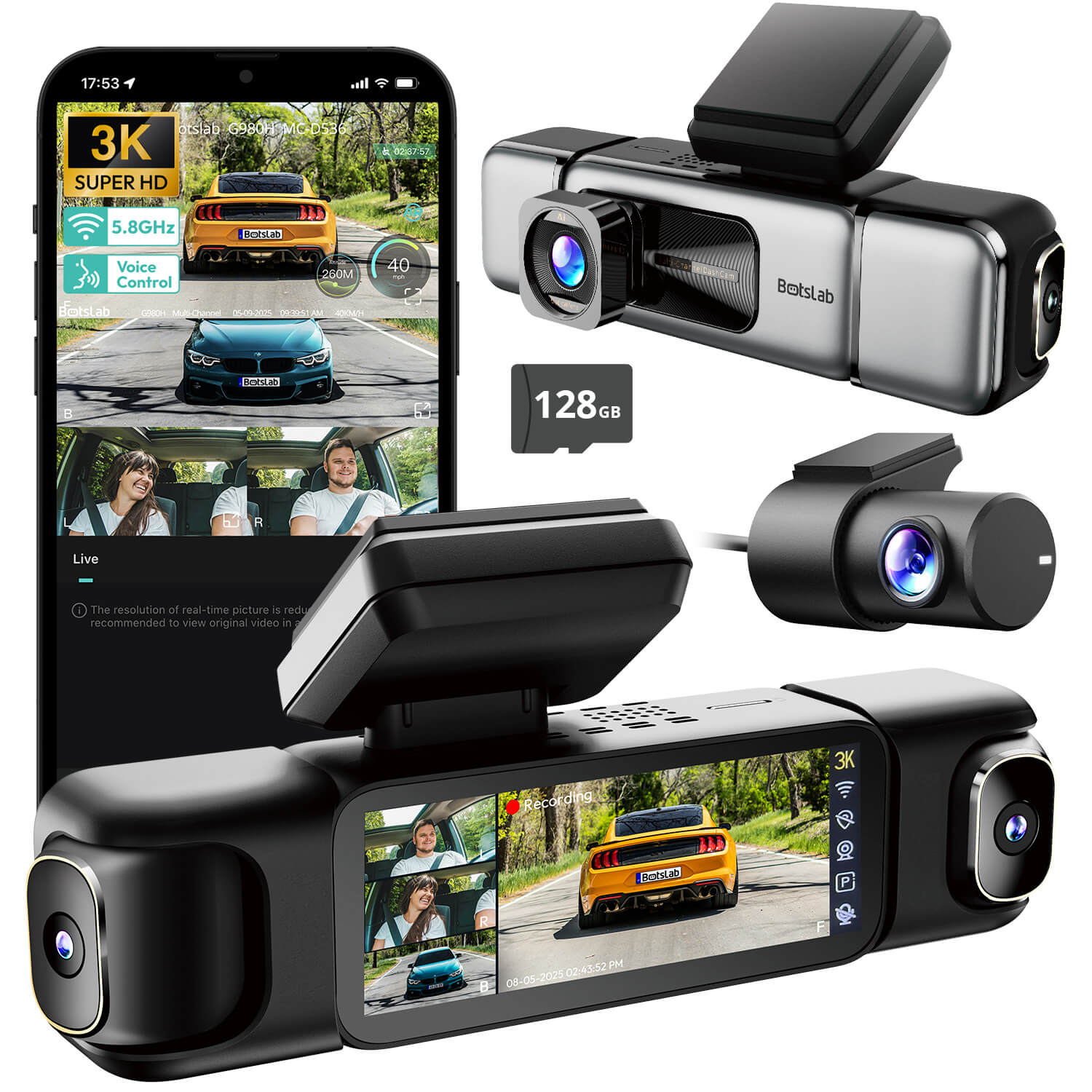
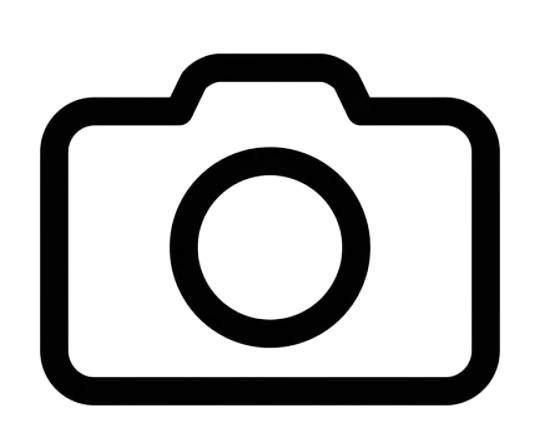

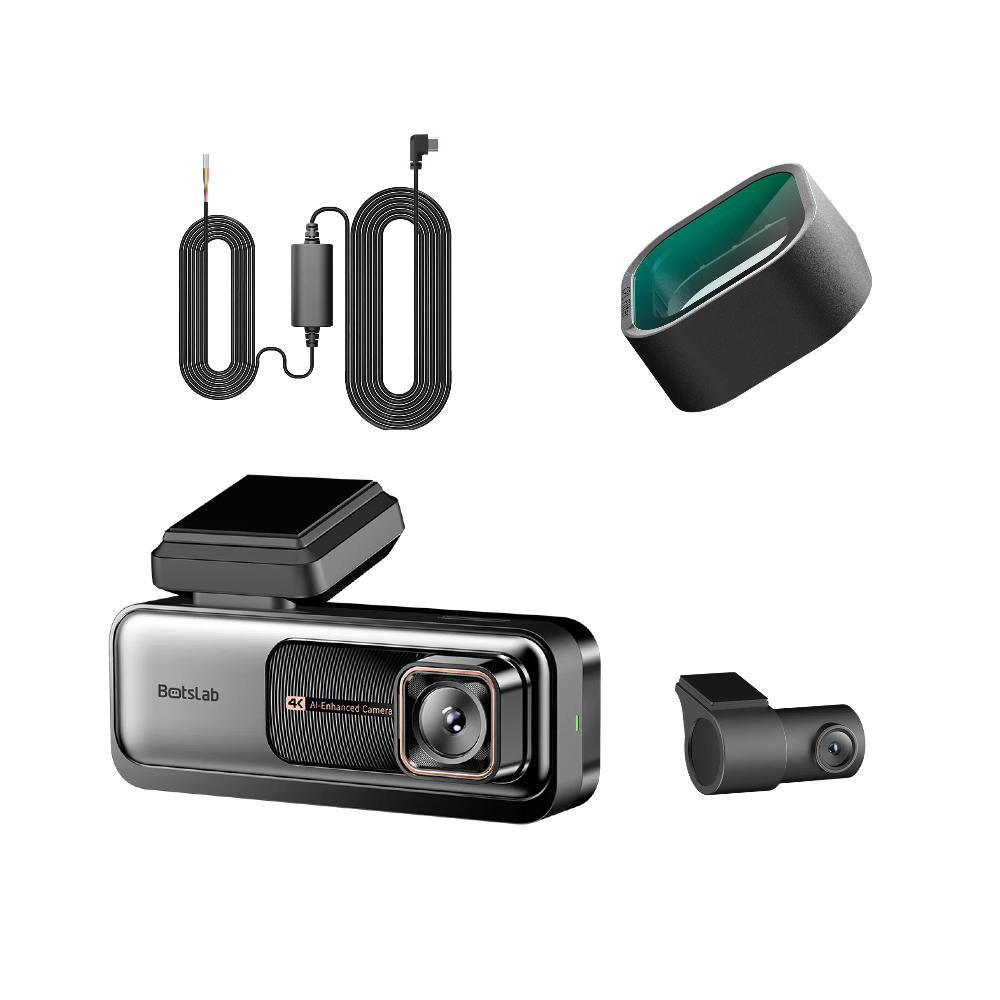
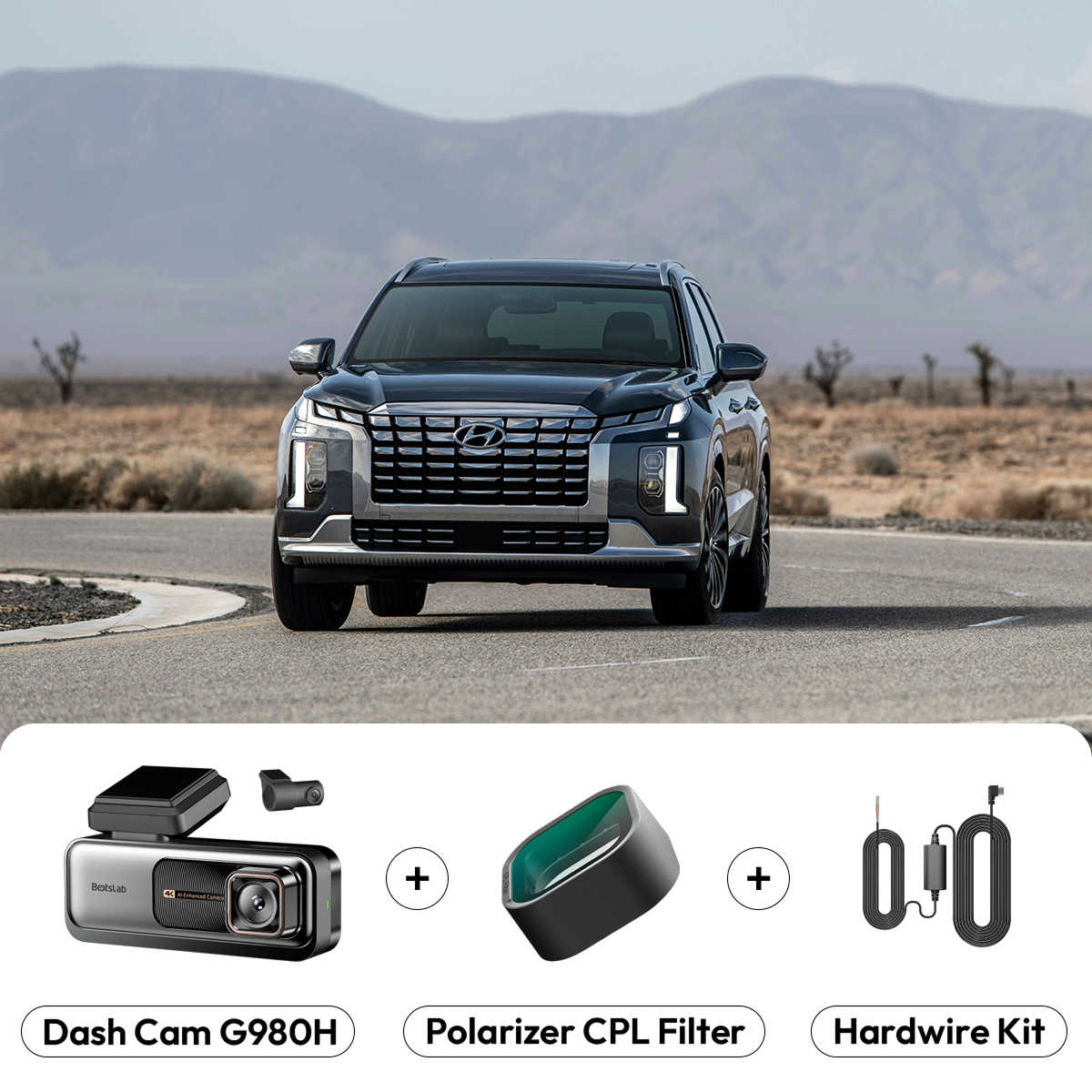

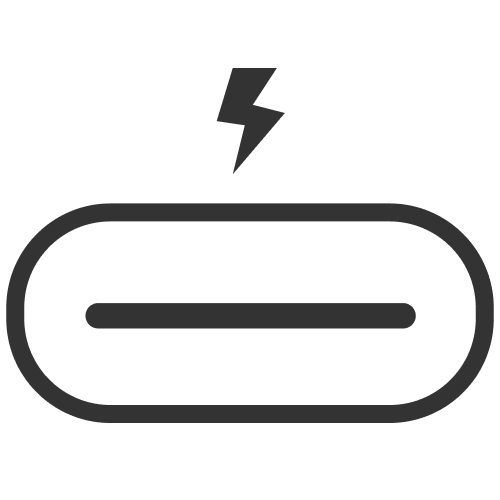
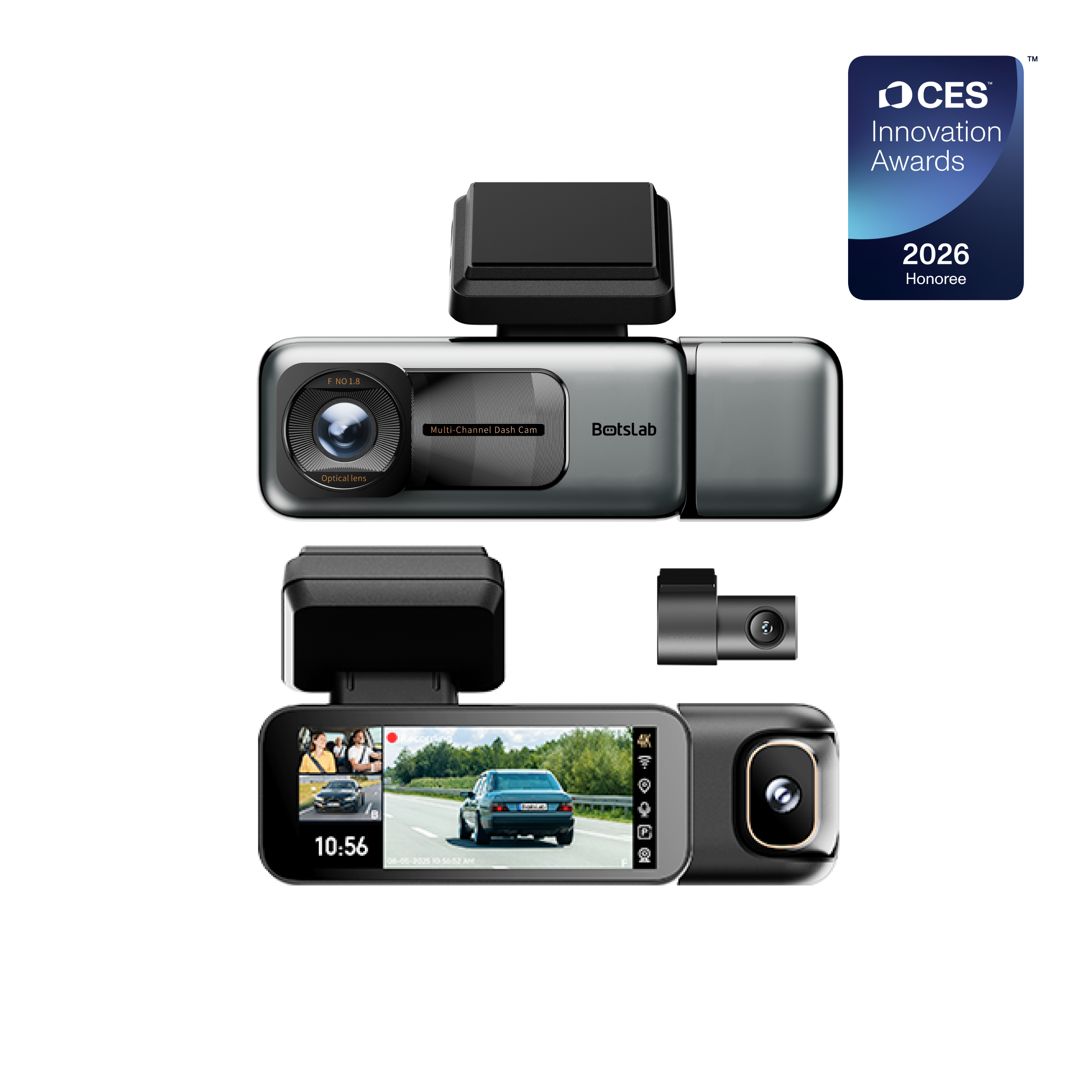
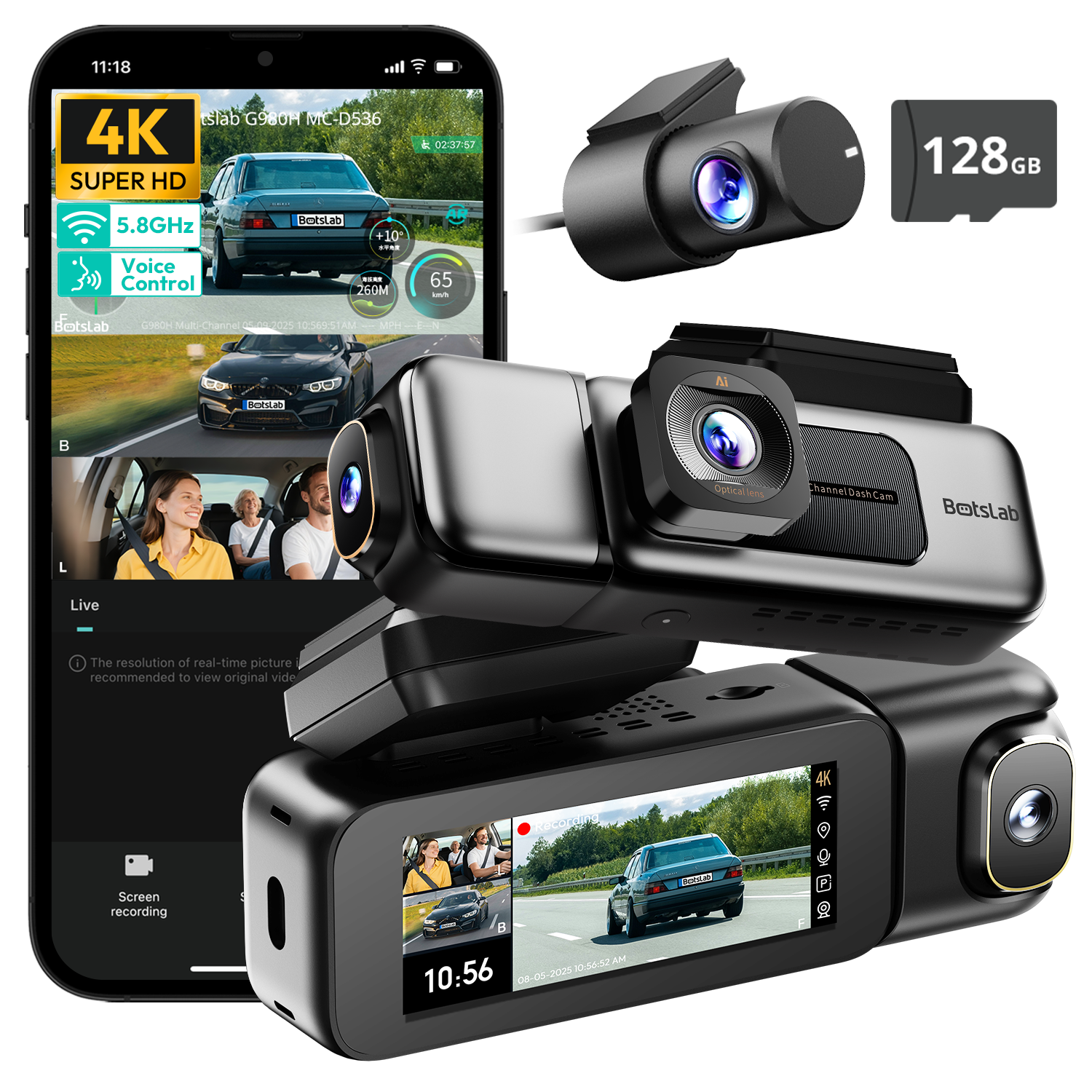
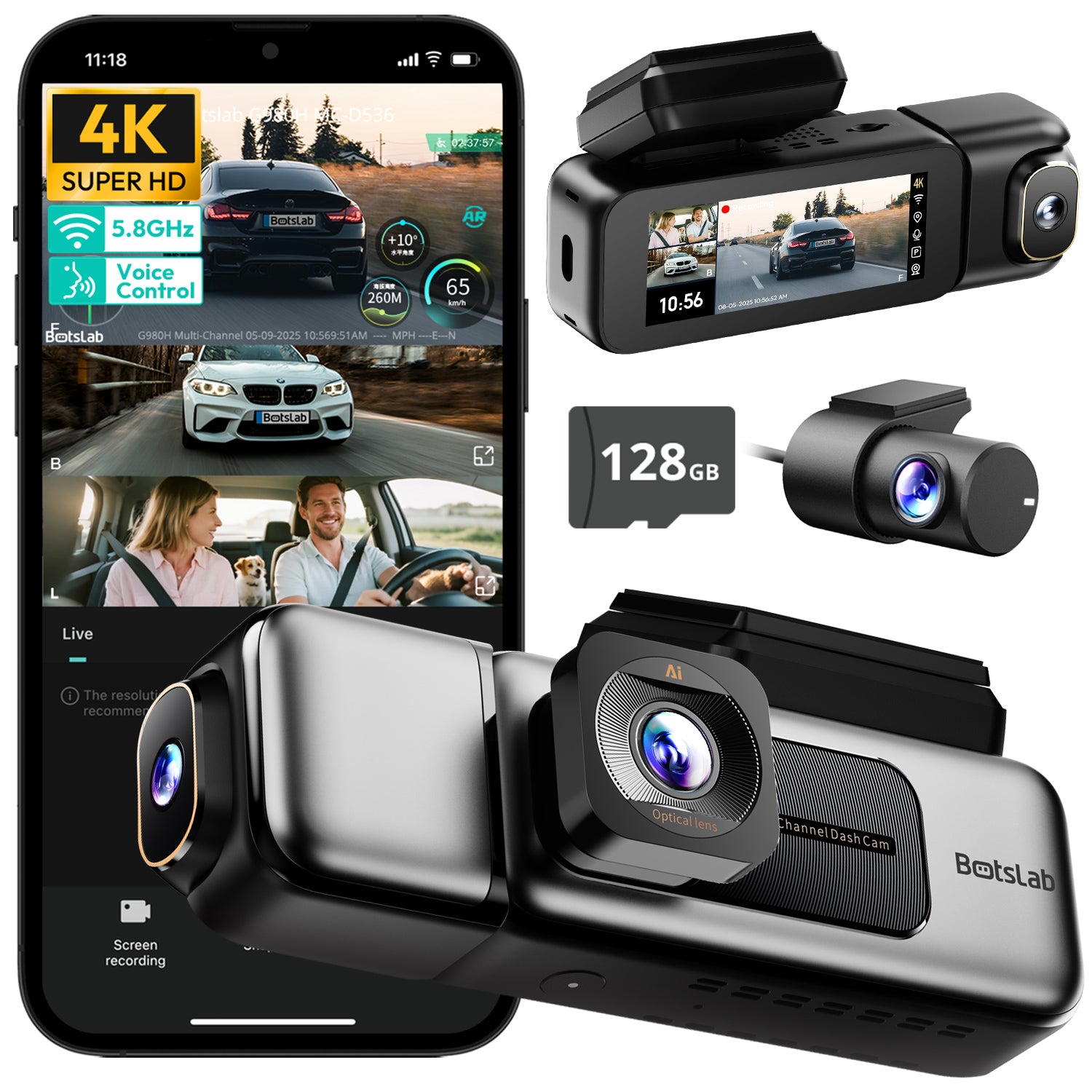
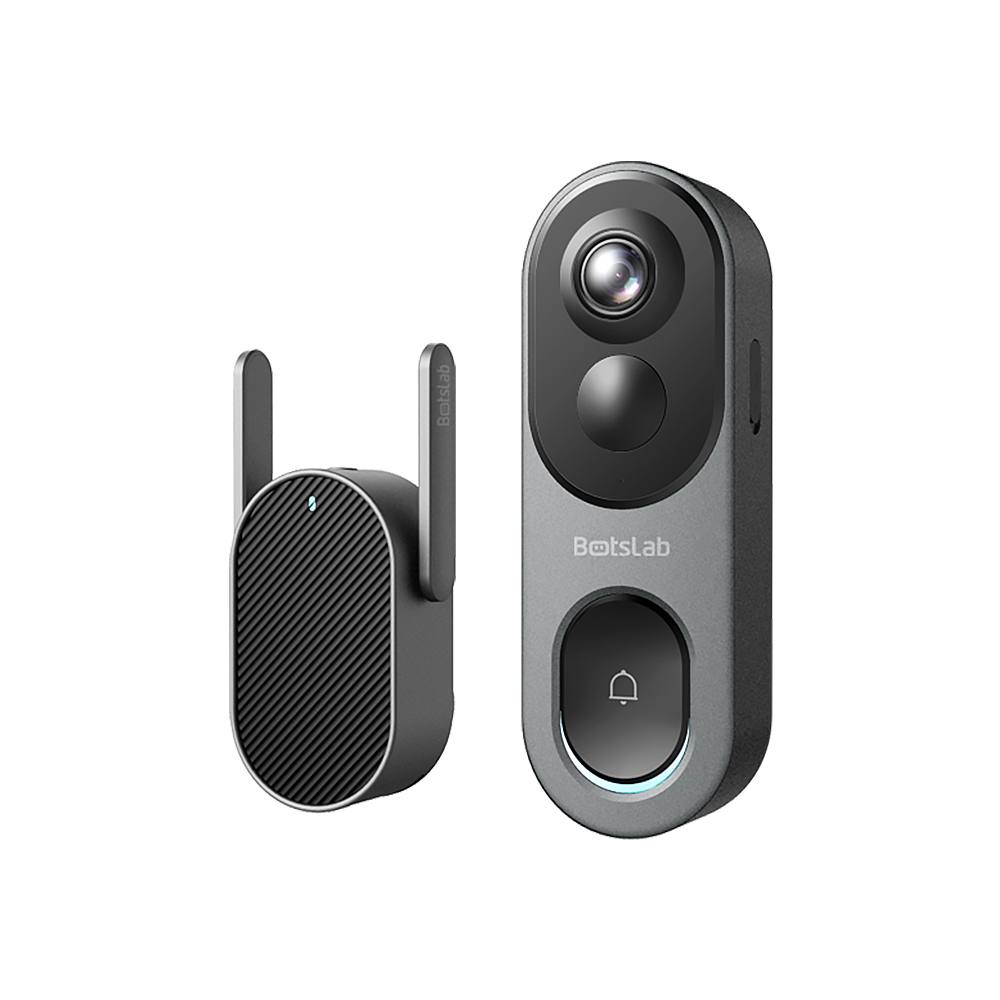
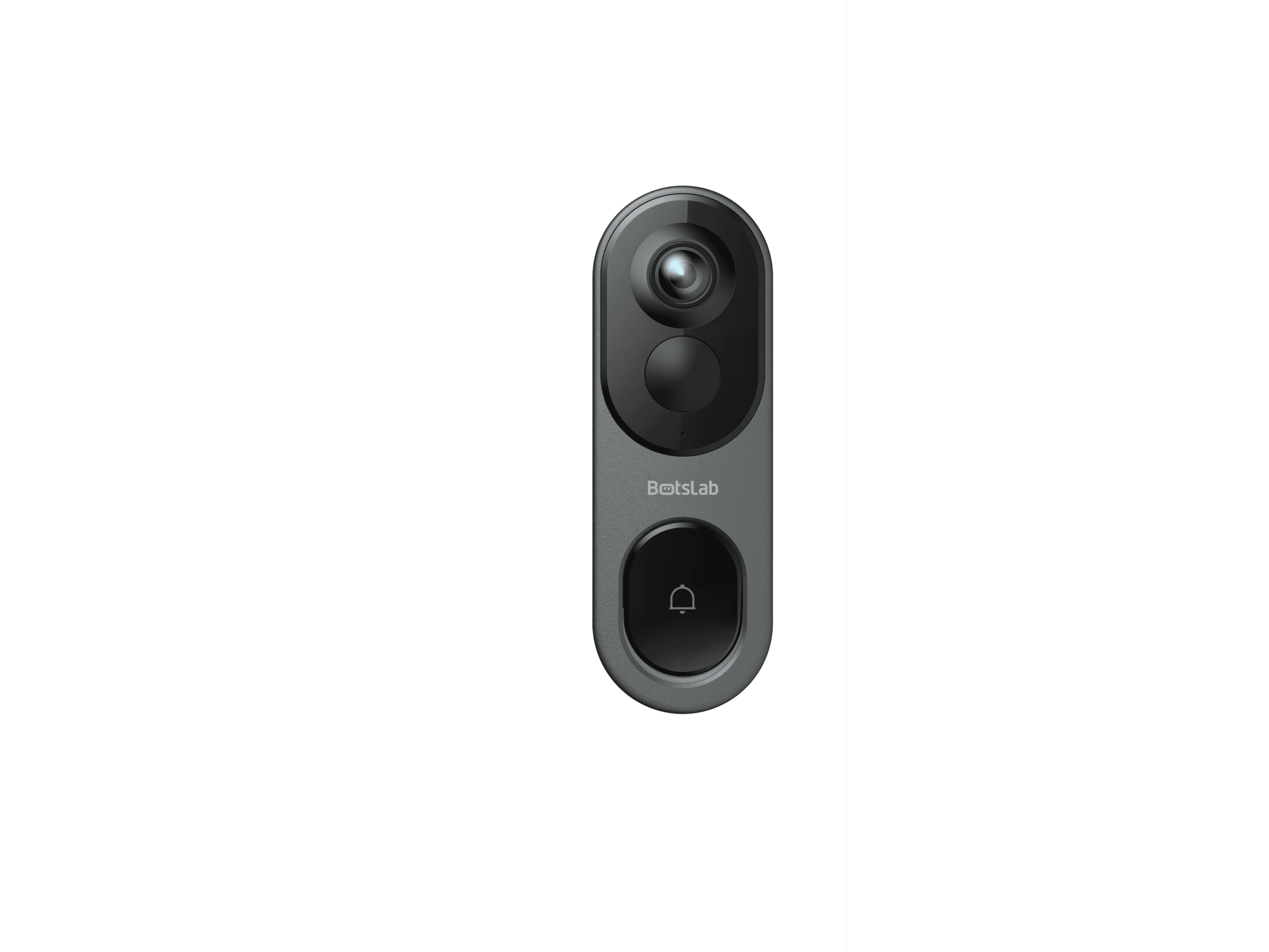
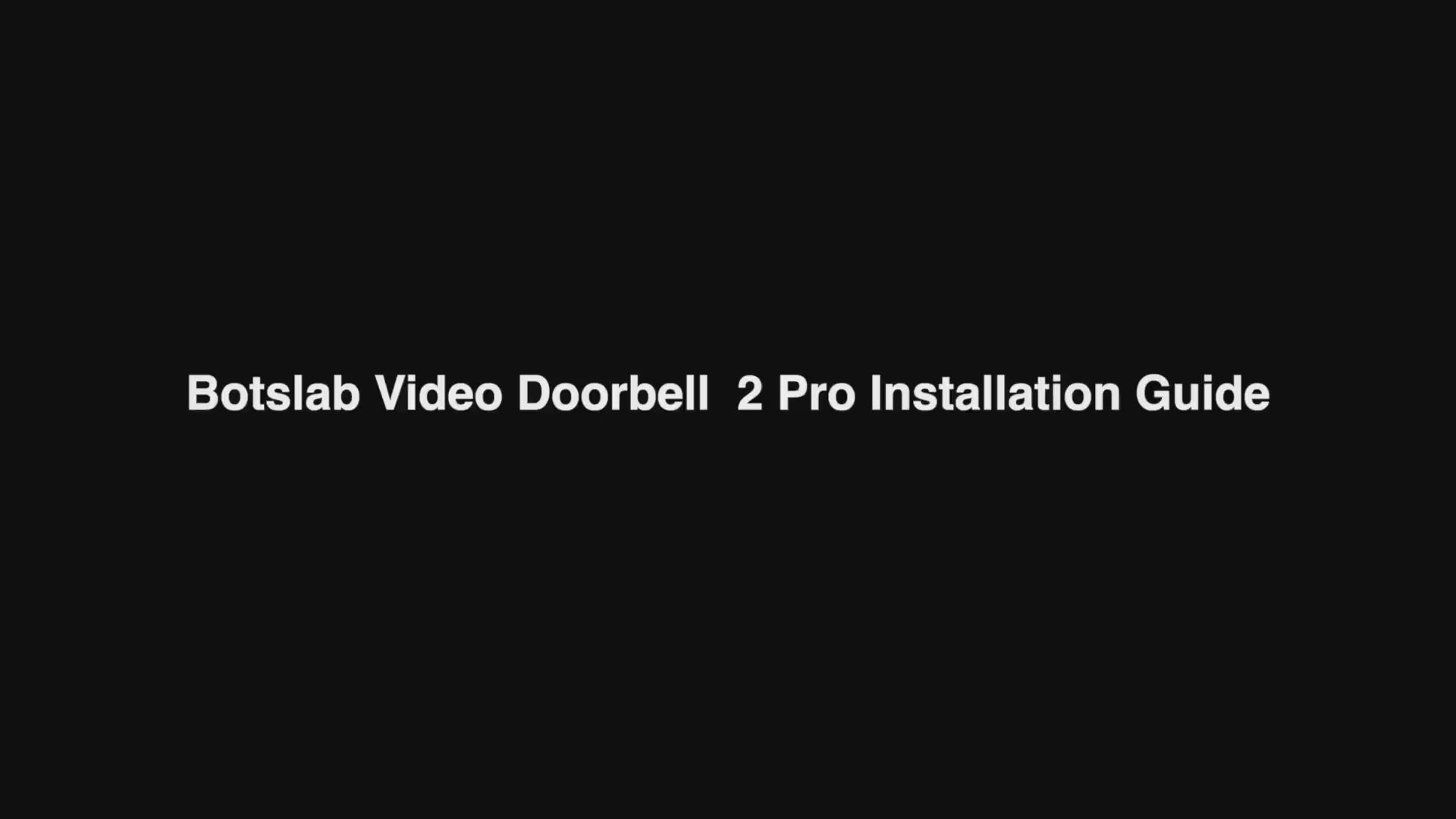
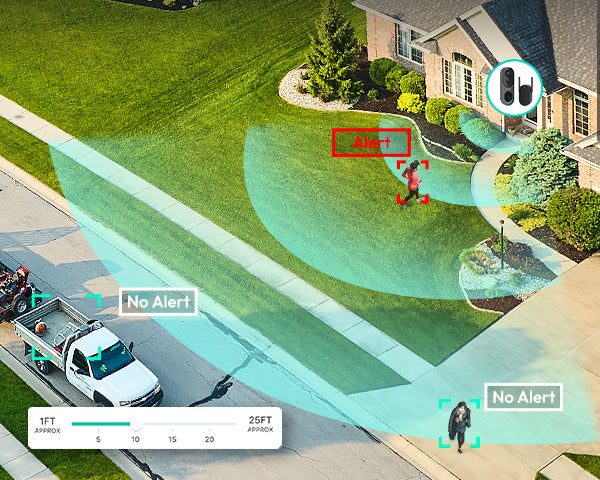
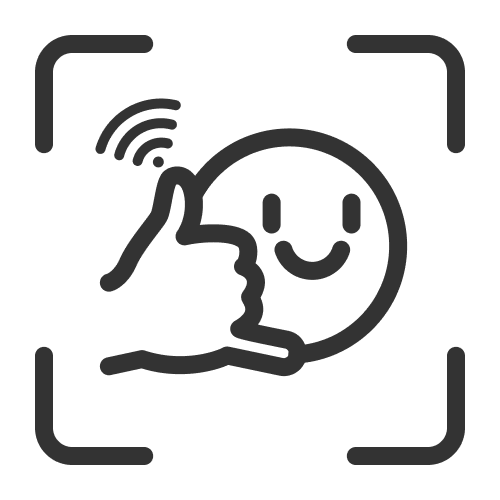

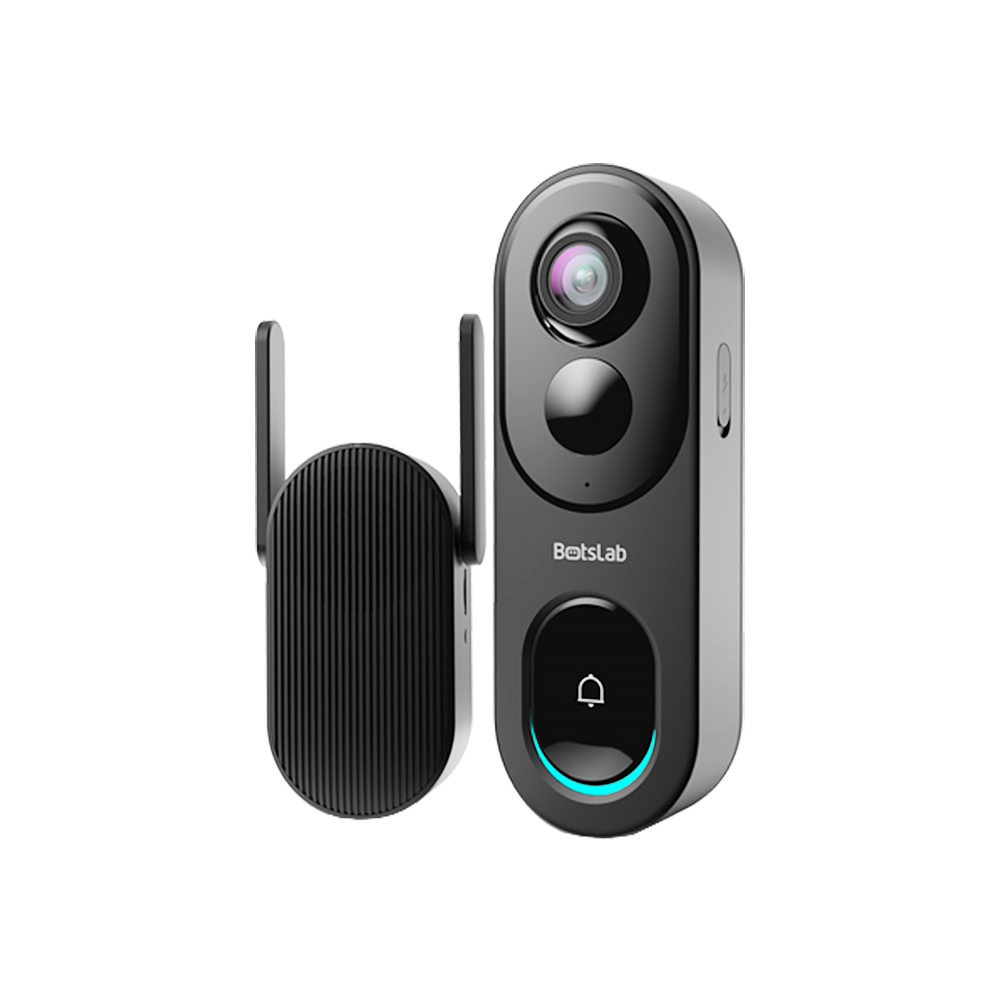
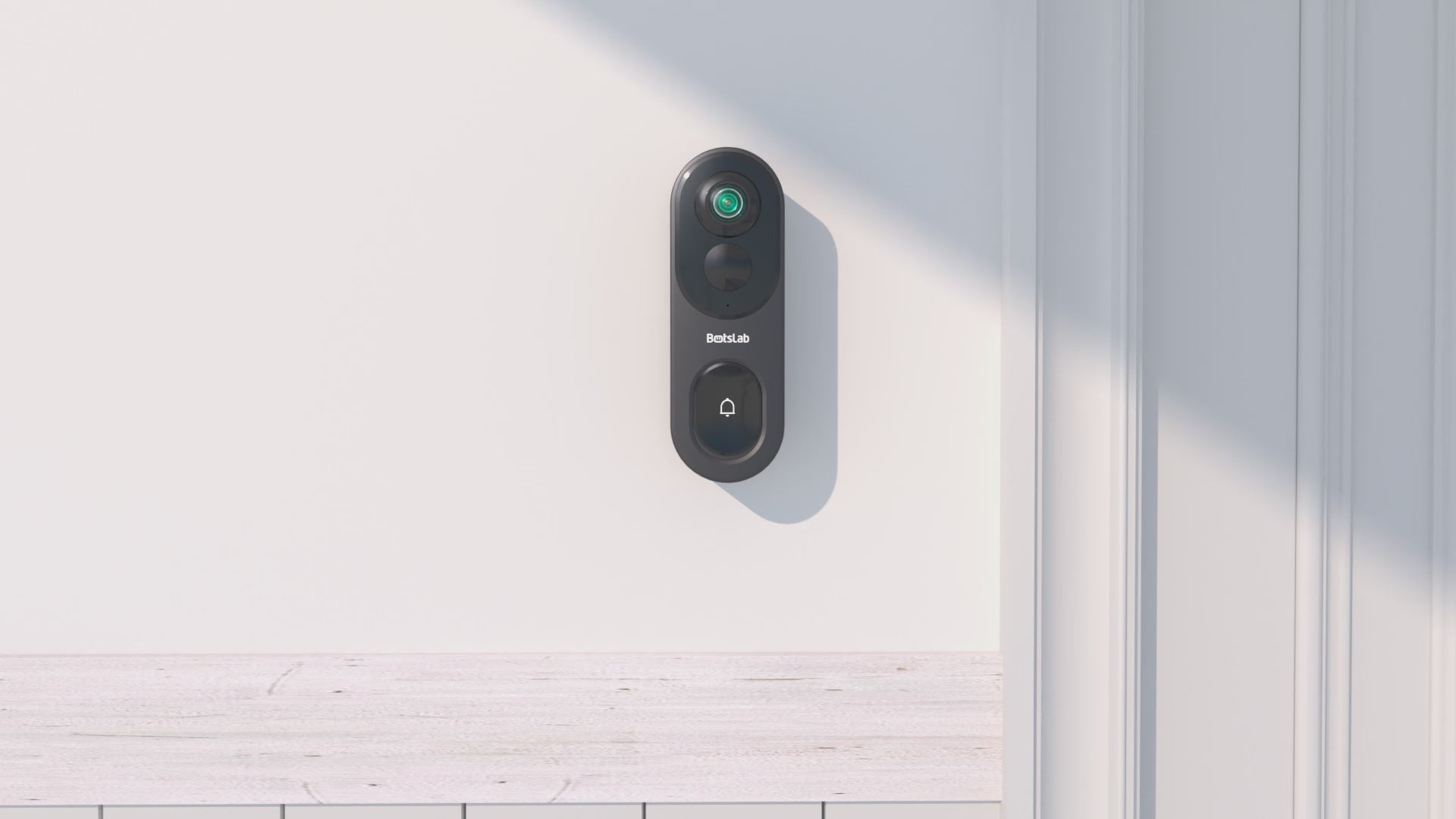
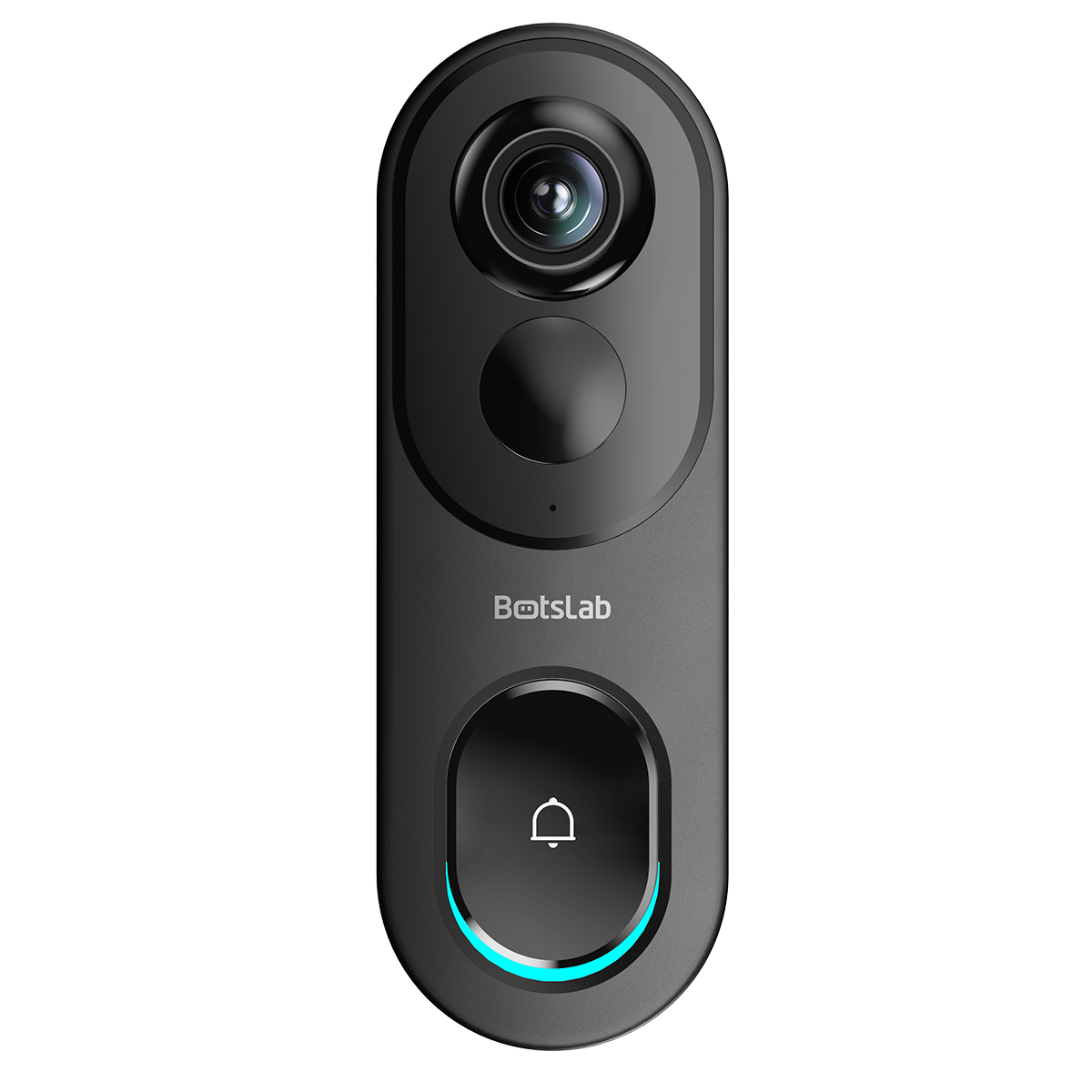

Share:
Home Security Camera Systems Compared for Every Budget
How much a dash cam costs?